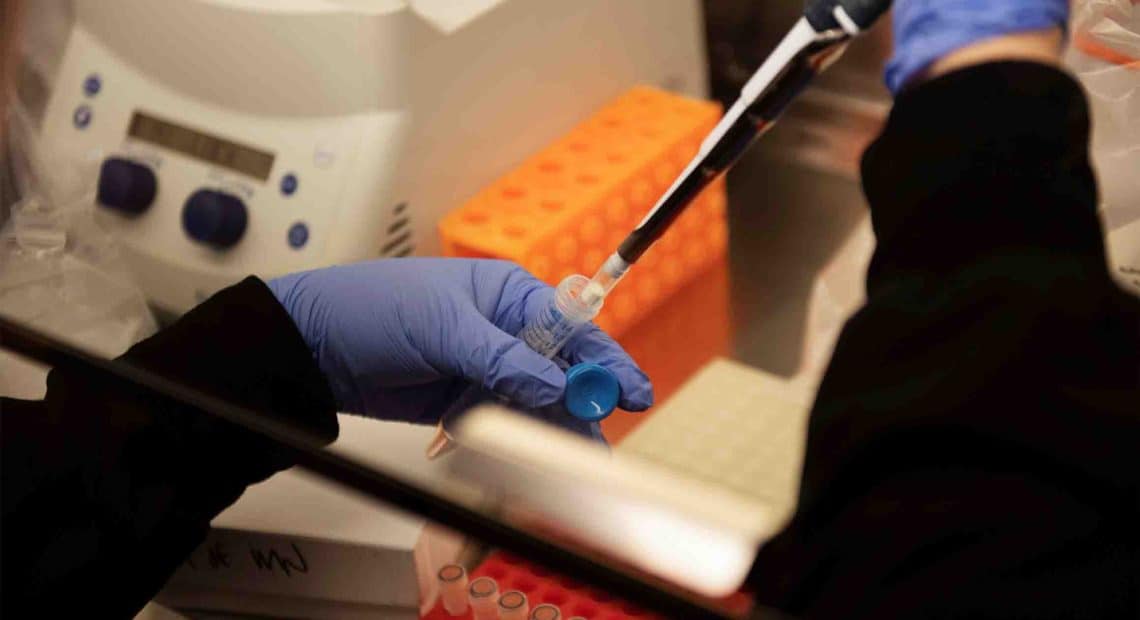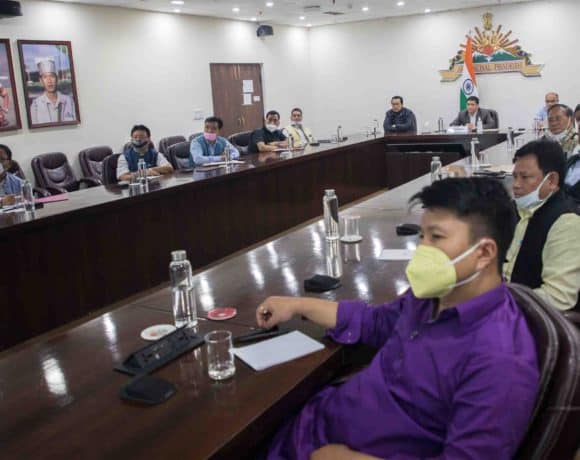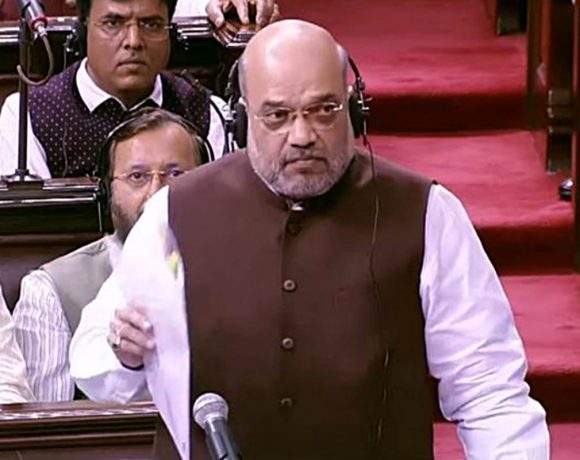

State governments in India may soon release campaigns in the print and electronic media to inform the general public about the possible side-effects of potential Covid-19 drugs, if taken without prescription.
The Ministry of Health and Family Welfare has written to the health secretaries of all states and union territories to spread awareness about the “rational” use of medicines like hydroxychloroquine (HCQ) and azithromycin. The letter is also marked to secretaries of the Indian Council of Medical Research, the Department of Pharmaceuticals, the Directorate General of Health Services and the Drug Controller General of India.
The letter, dated 15 April and accessed by ThePrint, is titled ‘Distribution of hydroxychloroquine and azithromycin tablets among various states — rational use’. It is accompanied by an advisory titled ‘information for general public’, which highlights the nine points states are advised to promote.
The biggest point it makes is that “there is absolutely no need to panic”, while another important point is that “no one should acquire or take any medicine without prescription as it may have adverse effects on their health”.
Why the letter and advisory were issued
Both drugs, specifically HCQ, have significantly gained attention after showing promise in the treatment of Covid-19 patients. However, several studies are going on to prove their efficacy.
“The objective of circulating this letter is to inform the general public that it could be harmful if they start self-prescribing the medicine to prevent Covid-19. The awareness may prevent both hoarding and self-prescription of drugs,” said a senior health ministry official.
The move comes after reports emerged about the hoarding and consumption of HCQ. For instance, people in Gujarat were found self-prescribing and stocking the drug, after which the state government issued a warning.
On 27 March, ICMR tightened norms for the sale of HCQ, recategorising it as a ‘Schedule H1’ drug, which means chemists need to maintain written records of its sales.
Side-effects
HCQ is primarily an anti-malarial drug, which is prescribed for patients suffering from lupus and rheumatoid arthritis as well.
Common side-effects of HCQ and azithromycin include blurred vision, abdominal pain, nausea, diarrhoea, skin rashes and headaches.
HCQ is known to cause harm to people with cardiac diseases, as it causes an irregular heartbeat, as the advisory mentions. “(It) is not advised for patients with cardiac irregularities or those suffering from cardiac disease,” it states.
Hydroxychloroquine (HCQ) is a prescription medicine & is not to be used without medical advice.
To know more, watch this:https://t.co/2AuaNsayjX#SwasthaBharat@PMOIndia @drharshvardhan @AshwiniKChoubey @PIB_India @COVIDNewsByMIB @CovidIndiaSeva— Ministry of Health 🇮🇳 #StayHome #StaySafe (@MoHFW_INDIA) May 25, 2020
Consumption of these drugs for a prolonged period without prescription has harmful effects on vital organs, including the kidney and liver.
Ample availability
The advisory terms the nine points it contains as “important updates — availability and use of necessary medicines in India”.
It asks states and UTs to clarify to the common person that HCQ and azithromycin are only to be used on patients who are severely ill and require ICU management, “under close supervision and monitoring of its side effects”.
It highlights that the use of HCQ as preventive medicine among high-risk individuals (for healthcare workers and asymptomatic household contacts of laboratory-confirmed positive cases) is suggested, but on “advice or prescription of medical practitioners”.
The ministry has also asked the states to inform the public that there is no possibility of shortage and no need for hoarding. “There is no reason for panic as India is the largest producer of this drug and its APIs,” the advisory says.
“The ministry has already ensured more than adequate supply of HCQ tablets for all patients, healthcare workers and household contacts,” it adds.
Hydroxychloroquine has been consistently endorsed by world leaders including United States President Donald Trump as a potent drug to fight symptoms of Coronavirus.
New Delhi: The World Health Organisation (WHO) on Monday suspended the clinical trials of anti-malarial drug hydroxychloroquine or HCQ amid safety concerns, WHO Director General Tedros Adhanom Ghebreyesus informed.
“The executive group has implemented a temporary pause of the hydroxychloroquine arm within the Solidarity trial while the safety data is reviewed by the data safety monitoring board. The other arms of the trial are continuing,” he said during an online media briefing earlier in the day.
Hydroxychloroquine has been consistently endorsed by world leaders including United States President Donald Trump as a potent drug to fight symptoms of Coronavirus.
The development comes days after India’s Health Ministry issued an advisory to expand the use of the drug as a prophylactic to prevent people from contracting the virus.
Even the Indian Council of Medical Research (ICMR) had issued a revised guidelines for the use of anti-malarial drug, as a preventive medication for asymptomatic healthcare workers. However, the steering committee of the WHO decided to suspend enrollment to that arm over safety concerns.
The move by WHO is most likely on the backdrop of a recent study which claimed that the drug, touted by President Trump as a treatment, was linked to an increased risk of death and heart ailments.
“It’s important to continue to gather evidence on the efficacy and safety of hydroxychloroquine,” news agency Bloomberg quoted WHO Chief Scientist Soumya Swaminathan as saying at a press briefing in Geneva.
“We want to use it if it’s safe and efficacious, reduces mortality, reduces the length of hospitalization without increasing adverse events,” he added.
Reports also suggest that the safety monitoring board of the WHO will meet again in a week or two and further decision on continuation of the HCQ will be reviewed.
An observational study led by Professor Mandeep R. Mehra, executive director of the Brigham and Women’s Hospital Center for Advanced Heart Disease in Boston, has claimed that treatment with antimalarial drug chloroquine or Hydroxychloroquine (taken with or without antibiotics azithromycin or clarithromycin) offers no benefit for patients with Covid-19.
The study, published in the prestigious journal The Lancet, came after Trump said he is taking Hydroxychloroquine to ward off Coronavirus, even though health officials have warned it may be unsafe.


















